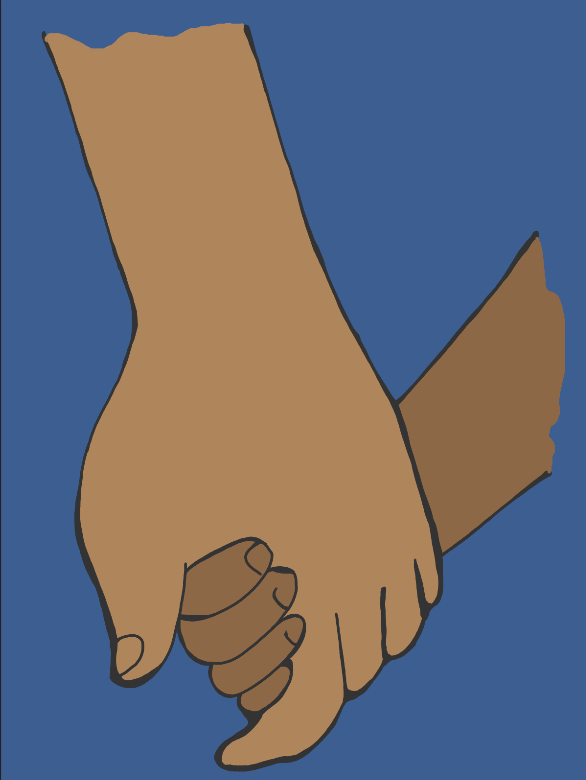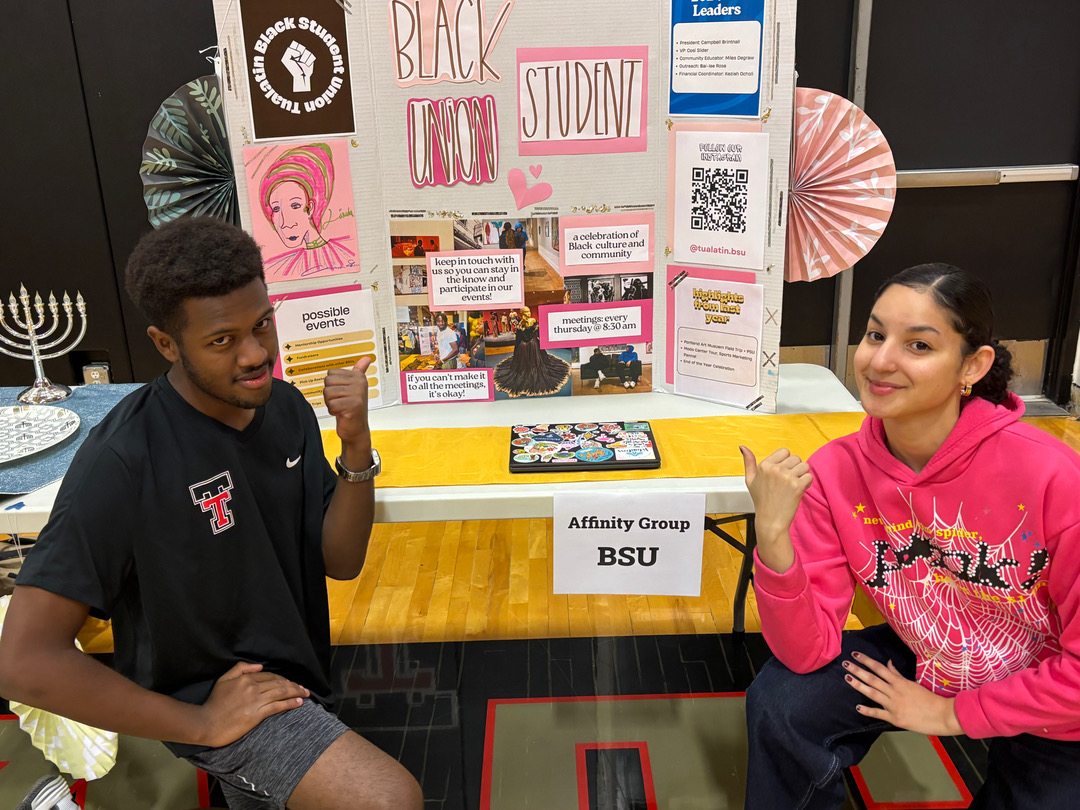This April is recognized as Autism Acceptance Month. If you haven’t already taken the time to learn, then use this month to start educating yourself about autistic people’s experiences. This means acknowledging the challenges that autistic people go through and going out of your way to support the autistic people in your life.
If you would like to support organizations that support autistic people, then it is very important to distinguish between the good and the bad. Many popular organizations centered around autism research unfortunately believe that autistic people need to be cured, when in reality, it is not a disease that needs to be removed. Good organizations are typically ones that are started by autistic people and strive to support autistic people’s quality of life.
Being an advocate for autistic people does not mean you must spend money; it is equally important to know how to be considerate of individuals with autism.
Not every autistic person is the same. Autism is a spectrum, meaning its typical characteristics are expressed in many different variations and to different extents in each individual. Autistic individuals will need varying kinds of support and some may not need any. This is why it’s so important to be kind to people who do things a little differently than most, because things like wearing noise-canceling headphones and stimming may be habits that autistic people need to do to get through stressful environments.
As a person with autism, I think I fly under most people’s radar. Most people’s idea of autistic people is typically very narrow-minded, though I understand that the media’s depiction of us consists of regurgitating the same stereotypes.
TuHS teacher Jennifer Mills is one of many adults who work with Tualatin High School’s special education program. She works closely with several autistic students to meet their specific academic needs.
“Be kind and be supportive. It’s very simple, and it’s not that hard to do,” Mills said. “Collectively, we can alter our perspective from autism awareness to autism acceptance. If you see someone with autism having a hard time regulating their behaviors, the kind thing to do would be to not give them an even harder time. We can support those with autism by listening to their wants and needs, encouraging their independence and being a genuine friend.”



